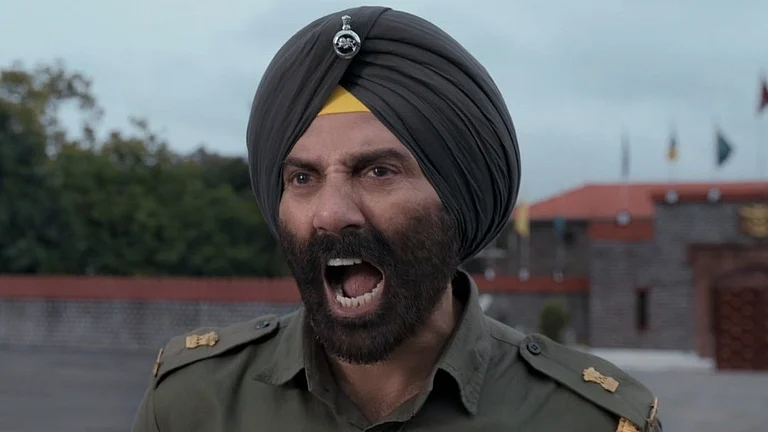Even a strong suspicion based on material on record raising the presumption of the role of an accused in an offence would justify the framing of charges in a criminal case, the Supreme Court held on Tuesday.
Refusing to quash the framing of charges in a disproportionate assets case, a bench comprising justices Vikram Nath and KV Viswanathan said the top court was not supposed to conduct a “dress rehearsal of the trial”, that too at a preliminary stage where only the charges are framed by a lower court taking a prima facie view.
“We are not to conduct a dress rehearsal of the trial at this stage. The tests applicable for a discharge are well settled by a catena of judgments passed by this Court.
“Even a strong suspicion founded on material on record which is ground for presuming the existence of factual ingredients of an offence would justify the framing of charge against an accused person,” Justice Viswanathan said in the 46-page judgement he penned for the bench.
The court was hearing appeals filed by Puneet Sabharwal and RC Sabharwal assailing the Delhi High Court judgement.
The high court had refused to quash the trial court order of 2006 for framing of corruption charges against them.
While refusing to allow the pleas, the top court directed the trial court to expedite the trial which was pending for the last 25 years.
The trial commences with the recording of evidence in a criminal case after a court has taken prima facie view of the material produced on record by the probe agency and framed charges against the accused.


























